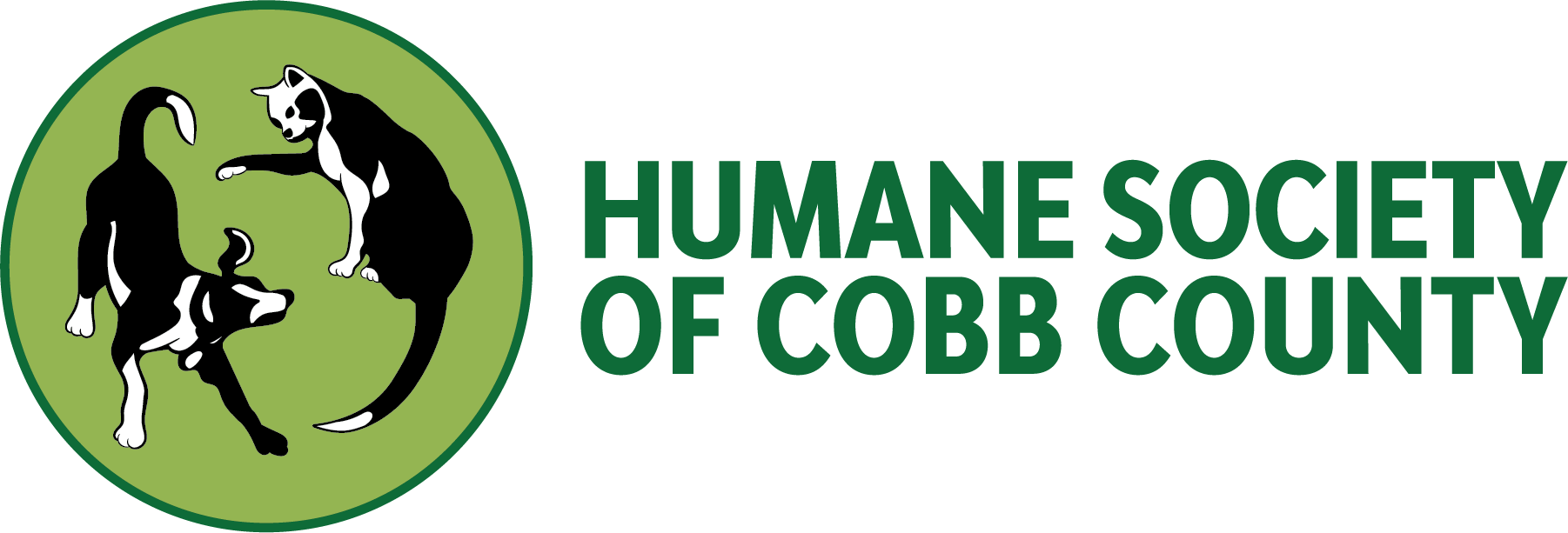BEQUESTS & PLANNED GIVING
Here we summarize planned giving basics, popular alternatives, and tax benefits of planned gifts.
Planned Giving: The Basics
A “planned gift” is any major gift made in lifetime or at death as part of a donor’s overall financial, tax, and estate planning. Planned gifts enable you to ensure the charitable legacy you want.
Including the HSCC in your planned giving is a meaningful and often significant way to help us continue to serve the animals in need and the people in our community. We have been blessed with generous gifts from individuals who had the foresight to include the HSCC in their plans to give, and plans by others to give in the future will support our mission going forward.
There are a variety of ways to achieve planned giving, including cash and marketable securities, wills and estates, trusts of various kinds, life insurance, retirement plans, and gifts that use appreciated assets such as real estate and other property. While in many ways these alternatives are quite different, all enable philanthropic individuals to support tax-exempt, nonprofit charities with larger gifts than they could make from ordinary income in their lifetime.
Popular Ways for Planned Giving
It is common for people to use several of the options for planned giving. Below are highlights of some popular methods:
Will or Trust
A common form of planned giving is a charitable bequest in your will or trust you create. Your bequest may be a specific amount, a percentage of your estate, or even the residual balance of your estate after all of the other bequests have been made. The following is an example of suggested language to include in your will (different wording is used for a trust):
“I give and bequeath to the Humane Society of Cobb County, Inc., a not-for-profit, tax-exempt corporation, with principal offices presently located at 148 Fairground Street, SE, the sum of $_________ from [or _______% of] my estate, to be used for the accomplishment of its general purpose [or for a specific purpose if indicated].”
Retirement Funds
Perhaps the simplest and most tax advantageous gift is to name the HSCC as the beneficiary of your IRA, 401(k), or 403(b). Retirement gifts are usually taxed as ordinary income upon distribution to a beneficiary. As a public charity incorporated as a 501(c)(3) organization, however, the HSCC does not generally pay income tax. Gifts of retirement assets are worth 100% of their value for public charities, while individual beneficiaries may only enjoy 60-80% of the value on an after-tax basis.
Life Insurance
As with your retirement funds, your life insurance beneficiary designation regulates who will ultimately receive your life insurance proceeds. You can designate the HSCC as the beneficiary of all or just a portion of your life insurance.
Charitable Remainder Trust
Charitable Remainder Trusts can be ideal for the individual or couple who have a need for current income, or want to provide someone else with current income, but want the balance remaining upon their passing or after a designated time period to be paid to a charitable organization. These trusts also provide you with an immediate tax deduction as well as allow you to avoid capital gains taxes on the assets contributed to the trust. You or the trust’s current beneficiary can receive a fixed dollar amount every year or a certain percentage of the trust’s assets each year.
Contribute to an HSCC Fund with the Cobb Community Foundation
The Cobb Community Foundation (CCF) is a 501(c)(3) grant-making public charity that provides a mechanism for individuals, families, businesses, and organizations to create their own charitable funds as well as contribute to funds already established by other individuals and tax-exempt organizations. The organizations include other nonprofit charities (such as the HSCC), referred to as “Agencies,” that create funds with money they have already received from other sources, then invested with the CCF, as well as to receive other donations from third-party donors.
To give donors a choice in addition to gifts given directly to the HSCC as a beneficiary, the HSCC has created two funds with the Cobb Community Foundation:
1. A General Fund
2. A Legacy Endowment Fund (for long-term sustainability)
Both funds share the following features for all contributions:
- Tax-deductible by the donor to the extent allowed by law
- Can be current year gifts or with the HSCC as named beneficiary in other planned giving instruments (wills, trusts, life insurance, retirement accounts)
- Exclusively for the benefit of the HSCC
- Appear as revenue and assets on the HSCC financial statements
- Can be invested by the Agency (HSCC) in a customized mix of four investment pools: cash/MMF, conservative growth, moderate growth, and aggressive growth (mostly equities)
And for both funds, a donor has added peace of mind with the fiduciary role served by the CCF Board of Directors, which approves all distributions to the charity (HSCC).
Visit the CCF website at cobbfoundation.org for more information. There you will see a link to a short video that further explains community foundations and their donor funds in an easy-to-understand way.
Tax Benefits of Planned Gifts
While some planned gifts are notable for providing current year tax deductions, others are desirable for providing lifelong income to the donor. Other long-term gift plans use estate and tax planning to provide both for charity and heirs in ways that maximize the gift and/or minimize its impact on the donor’s estate.
As an aid for general understanding, below is a brief description of four broad categories that summarize how tax benefits can typically be realized by planned gifts:
- Donors can contribute appreciated property, like securities or real estate, receive a current year charitable deduction for the full market value of the asset, and pay no capital gains tax on the transfer.
- Gifts payable to charity upon the donor’s death, like a bequest or a beneficiary designation in a life insurance policy or retirement account, do not generate a lifetime income tax deduction for the donor, but they are exempt from estate tax.
- Donors who establish a life-income gift receive a tax deduction for the full, fair market value of the assets contributed, minus the present value of the income interest retained; if they fund their gift with appreciated property, they pay no upfront capital gains tax on the transfer.
- Gifts/contributions to the HSCC General Fund or Legacy Endowment Fund with the Cobb Community Foundation are eligible for a current year tax deduction to the extent allowed by law.
Consult with your personal financial advisor and others for expert advice on these and other planned giving methods.
We hope you will include the HSCC in your plans for giving in order to promote the health and welfare of all animals in our community and help those in need. We would be happy to answer any questions and provide more information.
To start a dialogue beginning with email, please reach out to HSCC Board Chair Steve Imler at steve@humanecobb.com.
DISCLAIMER
The material presented here is intended as general information on the topics discussed above and should not be interpreted as legal, financial, or tax advice. Please seek the specific advice of your tax advisor, attorney, and/or financial planner to discuss the application of these topics to your individual situation.
LOCATION & HOURS
We are located at:
148 S. Fairground St. SE
Marietta, GA 30060
770-428-LOST (5678)
By appointment only.





